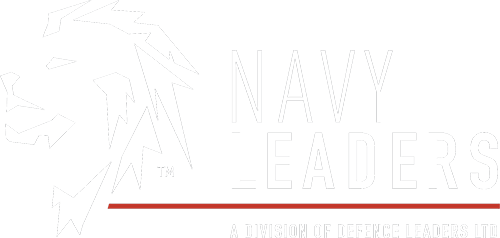Swedish Royal Navy Tests Interceptor Following Autonomous System Refit
)
The Swedish Royal Navy and Swedish defence technology company Saab have begun testing of a vessel that has been converted to incorporate autonomous functions.
Enforcer III was originally built by local shipyard Dockstavarvet as a CB90-class fast interceptor craft. The vessel is now being operated as a testbed for communication systems, radars, day and night cameras, and lasers for autonomous navigation and target detection.
Initial trials
The project is part of a broader initiative with the objective of having both manned and unmanned platforms constitute the navy’s corvette divisions. Specifically, the unmanned platforms will extend the coverage of the manned platforms’ sensors but with less risk to human crews and to the manned platforms themselves.
The technology being tested by Saab on Enforcer III will see use in missions such as reconnaissance and target detection in support of other vessels.
The tests on Enforcer III were carried out in the southern Baltic Sea. A crew was present on board for security reasons though the boat’s operations were monitored remotely by controllers on the Visby-class corvette HSwMS Nyköping.
Expansion of sensor coverage
The simulated targets detected by Enforcer III were sent to the Saab team on Nyköping. The Saab team then relayed the target information to the corvette’s crew. Although the Swedish Armed Forces did not disclose the full extent of the scope and results of the trials, Saab project manager Jens-Olof Lindh remarked that the smaller boat was able to acquire targets outside of the range of the corvette’s own sensors.
The use of a smaller unmanned boat means that the larger vessel will still be able to acquire threats even when its own radar and sensors are switched off. This allows the larger vessel to gather critical information on threats while generating a significantly reduced electromagnetic signature, making the vessel itself even more difficult to be detected by hostile forces.
